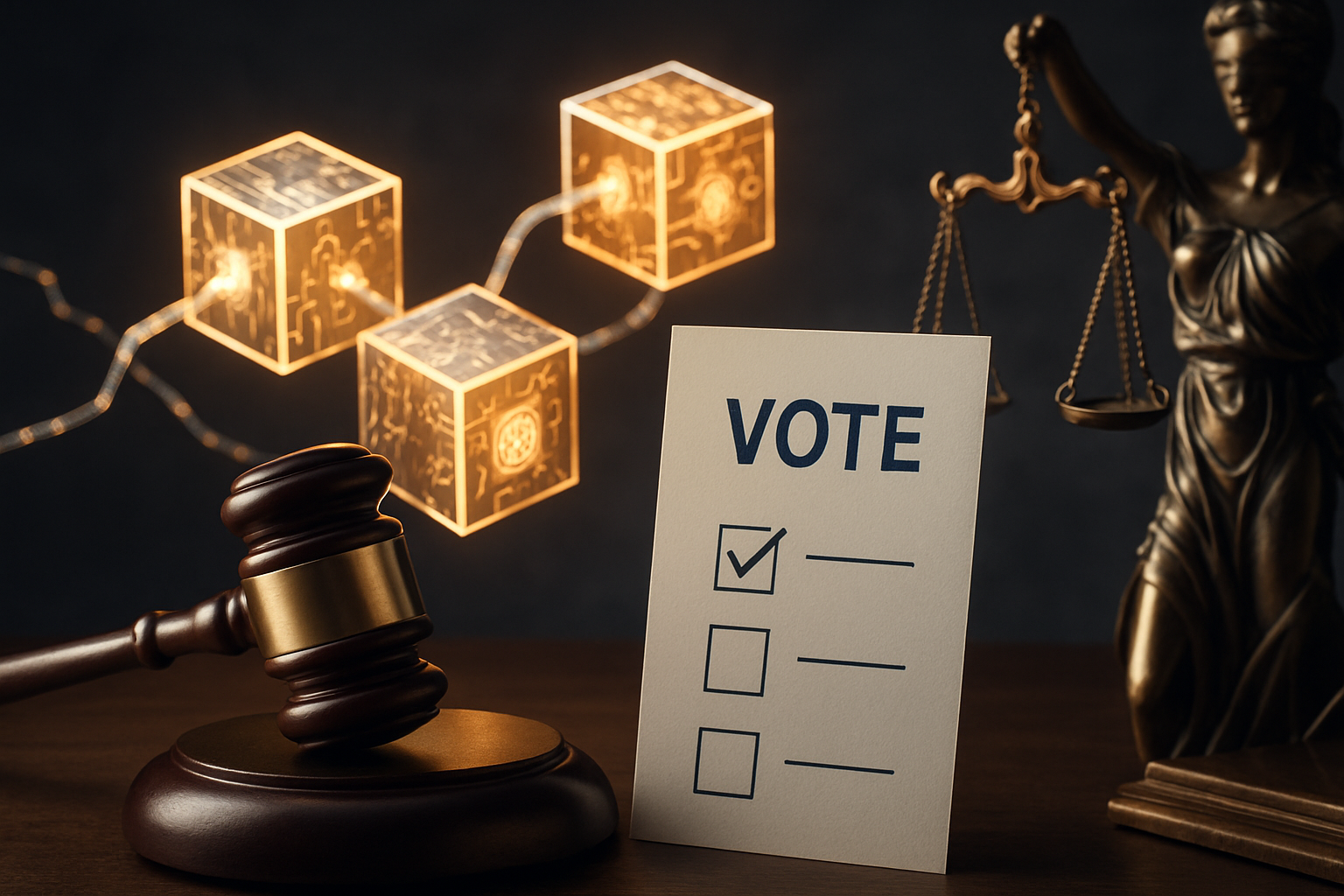Legal Implications of Deepfake Technology in Electoral Processes
Introduction: As deepfake technology advances, its potential to disrupt democratic processes becomes increasingly apparent. This article explores the legal challenges and policy considerations surrounding the use of deepfakes in elections, examining current regulations, proposed legislation, and the delicate balance between free speech and electoral integrity.

Current Legal Framework and Its Limitations
The existing legal landscape is ill-equipped to deal with the challenges posed by deepfakes in elections. While some states have enacted laws specifically addressing deepfakes, federal legislation remains limited. The First Amendment protections on free speech complicate efforts to regulate deepfakes, as blanket bans could potentially infringe upon protected forms of political satire or parody. Additionally, Section 230 of the Communications Decency Act shields social media platforms from liability for user-generated content, including deepfakes, making it challenging to hold these platforms accountable for the spread of misinformation.
Proposed Legislation and Policy Approaches
In response to the growing threat of deepfakes, lawmakers have proposed various bills aimed at mitigating their impact on elections. The Deepfake Report Act, introduced in Congress, seeks to require the Department of Homeland Security to conduct annual studies of deepfake technology and its potential applications in security and election interference. Other proposed measures include mandatory disclosure requirements for synthetic media and increased funding for detection technologies. Some advocates argue for a more comprehensive approach, suggesting the creation of a federal task force to coordinate efforts across government agencies and collaborate with tech companies to develop effective countermeasures.
Balancing Free Speech and Electoral Integrity
One of the most significant challenges in regulating deepfakes is striking the right balance between protecting free speech and safeguarding the integrity of elections. Overly broad restrictions could potentially stifle legitimate forms of political expression, including satire and commentary. On the other hand, insufficient regulation could leave the electoral process vulnerable to manipulation. Legal experts argue that any legislation must be narrowly tailored to address specific harms, such as intentional deception of voters, while preserving the right to engage in protected speech. This delicate balancing act requires careful consideration of constitutional principles and the evolving nature of digital communication.
International Perspectives and Collaborative Efforts
The challenge of combating deepfakes in elections is not unique to any single country. Governments worldwide are grappling with similar issues, leading to a growing recognition of the need for international cooperation. The European Union, for instance, has proposed comprehensive regulations on artificial intelligence, including provisions related to deepfakes. Collaborative efforts between nations to share best practices, detection technologies, and intelligence on potential threats could prove crucial in developing effective global strategies to protect electoral processes from deepfake manipulation.
Legal Responsibilities of Tech Platforms
As the primary conduits for the spread of deepfakes, social media platforms face increasing scrutiny regarding their role in mitigating the impact of this technology on elections. While Section 230 provides broad immunity, there is growing debate about whether platforms should bear more responsibility for the content they distribute. Some legal scholars argue for a re-evaluation of platform liability laws, suggesting that social media companies should be required to implement more robust content moderation practices and invest in advanced detection technologies. Others propose creating a safe harbor provision that would incentivize platforms to take proactive measures against deepfakes without fear of increased liability.
Conclusion
The proliferation of deepfake technology presents a complex challenge to the legal and regulatory frameworks governing elections. As lawmakers and policymakers work to address this issue, they must navigate a intricate web of constitutional rights, technological capabilities, and democratic principles. The development of effective legal solutions will require a multifaceted approach, combining legislative action, technological innovation, and international cooperation. As deepfake technology continues to evolve, so too must our legal and policy responses to ensure the integrity of our electoral processes in the digital age.





